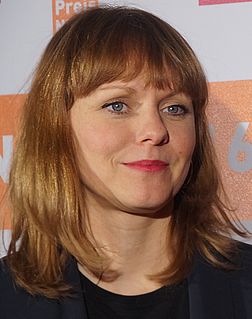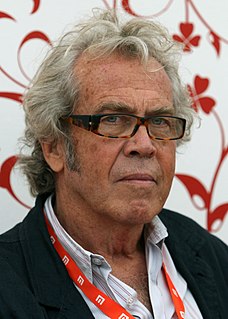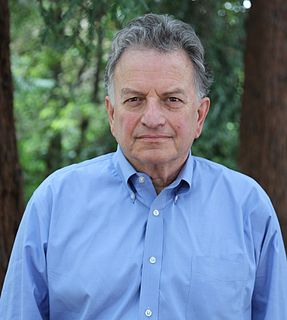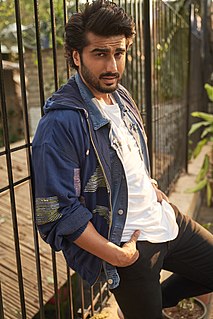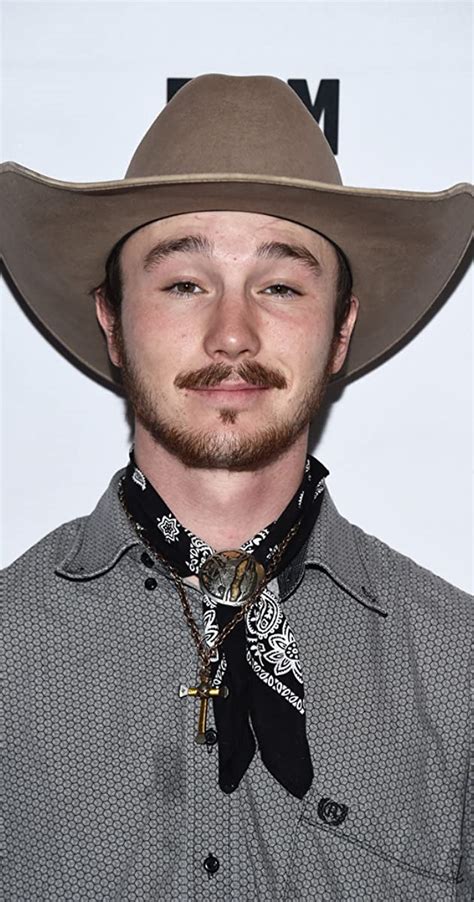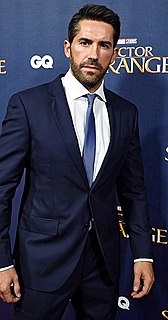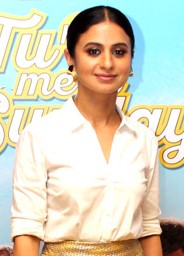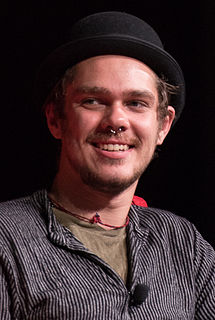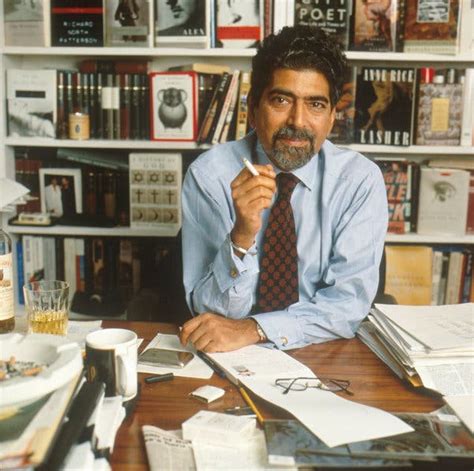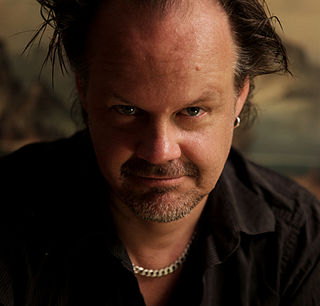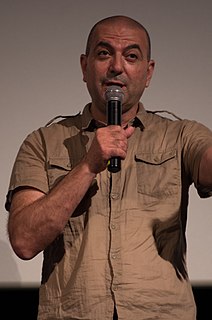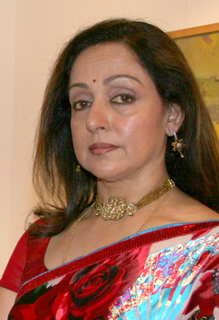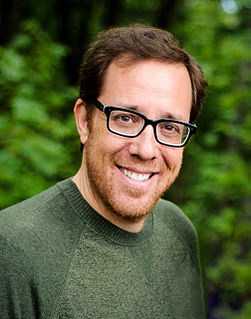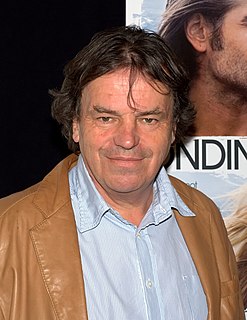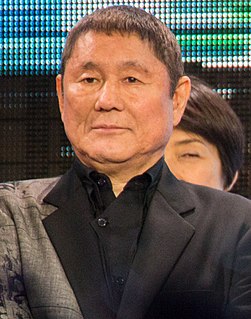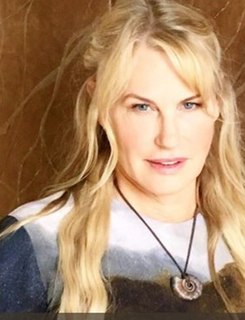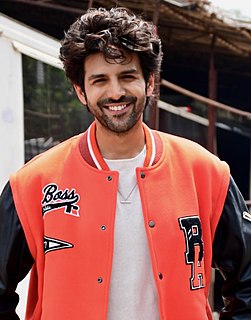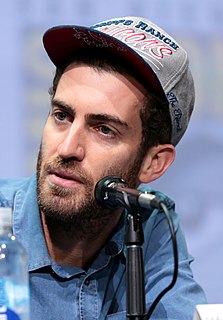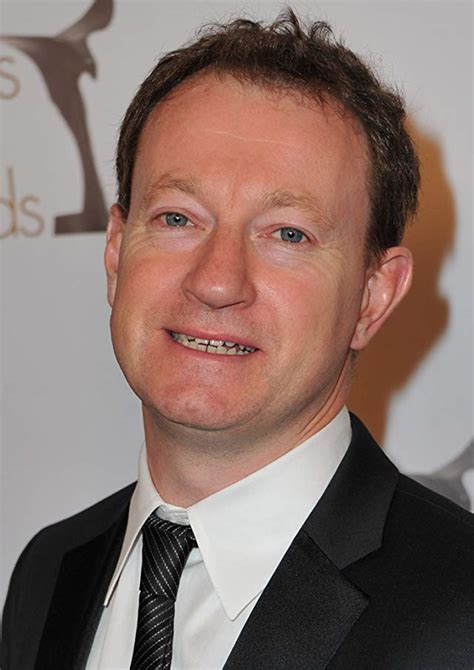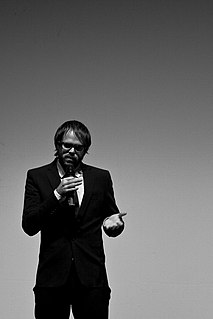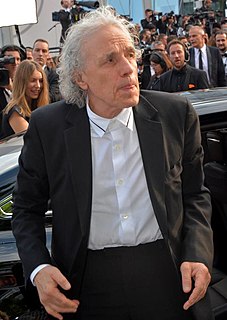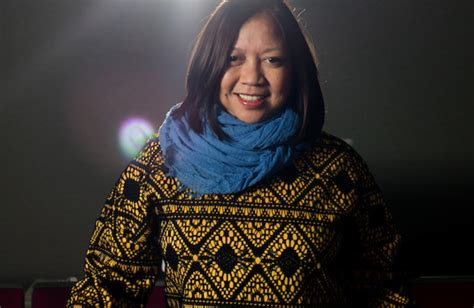Top 967 Filmmaking Quotes & Sayings
Explore popular Filmmaking quotes.
Last updated on April 14, 2025.
We with Komplizen Film believe very much in the writer-director and in the freedom of a filmmaker. I think it's always good to be involved where you spend the money. Filmmaking, you see in the picture what the money's spent for. I never had to leave a phase of filmmaking before being really happy, and that was really a big luxury. That could happen, I think, because I am my own producer.
I think it reaffirmed something that I believed in and conceptually always had faith in which was that you're most effective when you work as a team. I love that about filmmaking. I stopped playing team sports at 15-16 because of acting. I think I find a kind of new team sport in filmmaking in a way.
Narrative, fiction filmmaking is the culmination of several art forms: theater, art history, architecture. Whereas doc filmmaking is more pure cinema, like cinema verité is film in its purest form. You're taking random images and creating meaning out of random images, telling a story, getting meaning, capturing something that's real, that's really happening, and render this celluloid sculpture of this real thing. That's what really separates the power of doc filmmaking from fiction.
For me, poetry has a strong link to my filmmaking. My films learn from my poetry. In poetry, you're free. You start in the corner and you don't know where it leads you. I have no message, I have nothing I want to tell, I just start and I see where it leads, and it's a big surprise and relief if it's good. That's the ideal state for filmmaking.
All three parts of filmmaking [writing, shooting, editing] contribute to rhytm. You want the script to be a tight as possible, you want the acting to be as efficient as possible on the set, and you have enough coverage to manipulate the rhythm in the editing room, and then in the editing room you want to find the quickest possible version, even if it's a leisurely paced film. I definitely in filmmaking more and more find writing and directing a means to harvest material for editing. It's all about editing.
What I always tell people is... Unless you are so passionate about filmmaking that you would rather live out of your car than not do it, find something else to do as a career and do filmmaking as a hobby. This industry is one of the hardest to break into and be successful. It takes a lot of passion and dedication for it to get anywhere.
Our film [Hide and seek ]was created as part of the Asian American Film Lab's 11th 72 Hour Film Shootout filmmaking competition, where filmmaking teams have just 72 hours to conceive, write, shoot, edit and submit a film based on a common theme. The winners were announced during the 38th Asian American International Film Festival in New York last July. The theme for 2015 was 'Two Faces' and was part of a larger more general theme of 'Beauty'.
I personally think a fight scene is the most cinematic thing you can witness because all the elements of filmmaking come together, you know, with the camera speed changes, editing, make up effects and general smoke and mirrors of trying to make it look like you are hitting someone when you're not. It's filmmaking in it's purest form, I think.
I love filmmaking when fate is a part of the process and you are dependent on the laws of physics and the elements to get a single moment that transports or in some way creates an illusion even for a moment. I think that is tremendous fun and what I think filmmaking is, catching lightning in a bottle.
A big part of filmmaking, and a big part of the power of filmmaking, is creating characters that people fall in love with. So, those things, like the bloopers, create more reality and dimension, and the sense that these are not drawings or shadows, but they are living, breathing, thinking characters. That's the illusion.
As the world of independent feature filmmaking became increasingly commercialized by the mid-1990s, there was also a parallel, much more positive development: a resurgence in documentary filmmaking, thanks in part to the advent of the cheaper, lighter digital format that helped to offset the daunting costs of pursuing political aims through film.
Comparing filmmaking to a plastic model, shooting is the process where you mold and color each piece, and editing is where you build a finished whole from the pieces you molded and colored. Obviously, the latter is the most enjoyable part in the making of plastic models, so editing is the process in filmmaking I enjoy the most. But at the same time, editing can be a painstaking task, too.
I feel that being an actor is a front-row seat into seeing how everybody else makes their movies. Basically, being in the trenches for ten years is like a college-level course in filmmaking if not more. It feels like every director I work with and every set that I visit as an actor, I see someone else's definition of filmmaking.
Filmmaking is like any kind of art form. You have to try to figure it out, and you're going to do that by trying. It's like teaching a child to walk. It may start by walking, but eventually it will fall. And I have kids, but I know that that will enable them to stand up again and understand why they fell, and how they can avoid that. They will walk better and faster, and stronger. Filmmaking is the same.
It's always a problem when you're working with people you don't really know. Most filmmaking is about shaking hands and just starting. You know, these month - or two-month-long endeavors that millions of dollars are based on, and the people doing them don't even know each other, or know each other under pressure, or know each other when things are really... Which filmmaking is completely done under in many circumstances. You're under constant crisis, making a movie.
I'm British; I live here, and I've always made my films here. And we're on a journey in British filmmaking right now. We're attracting big films again. 'Star Wars' filming here will employ thousands of people. We're world-class in so many of the craft elements, and the vibrancy of our filmmaking is strong.
